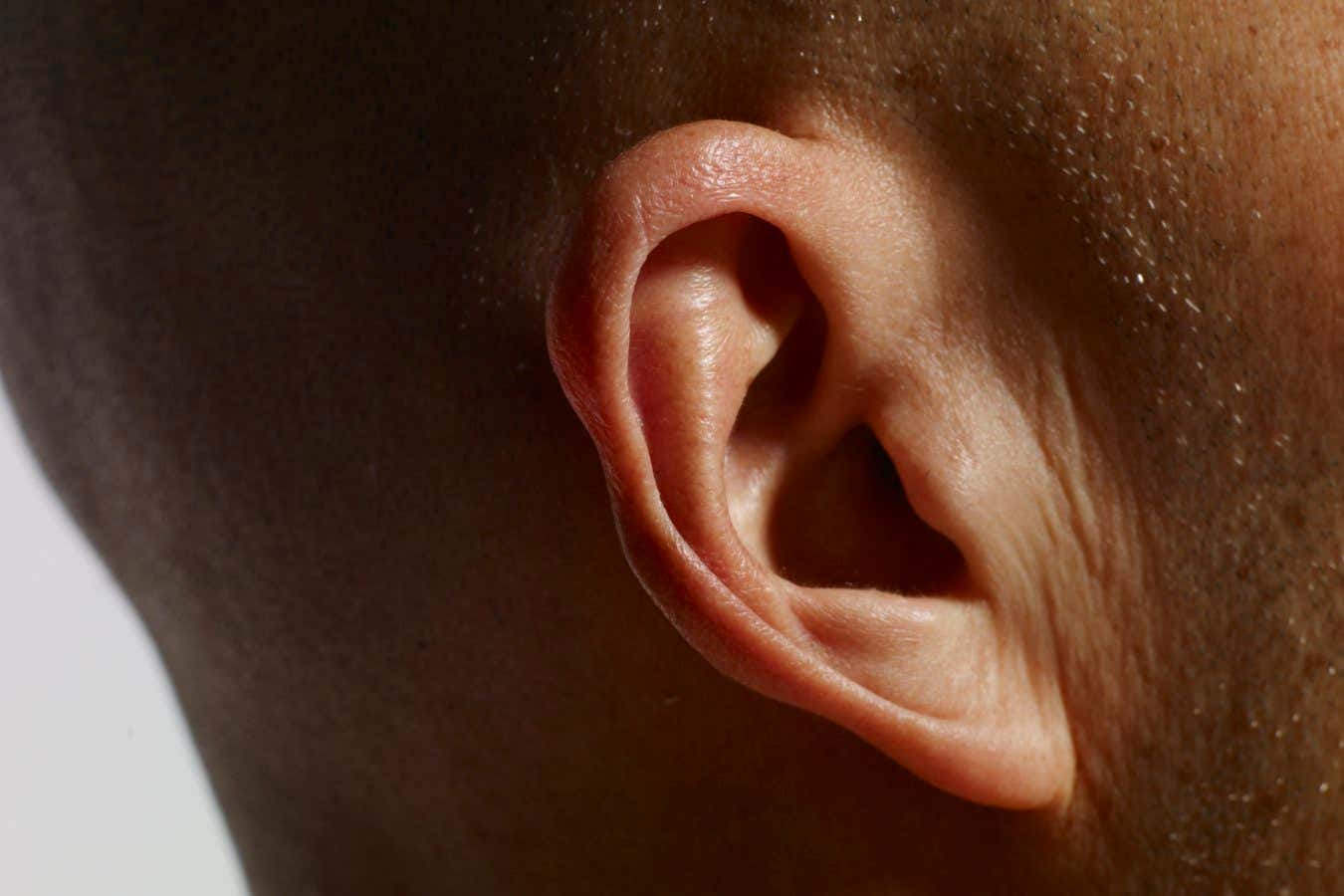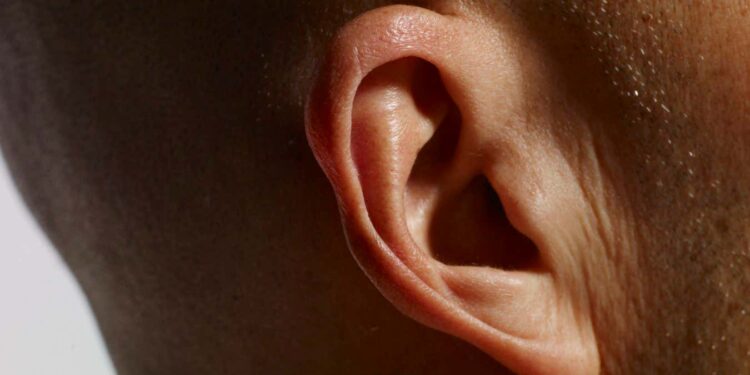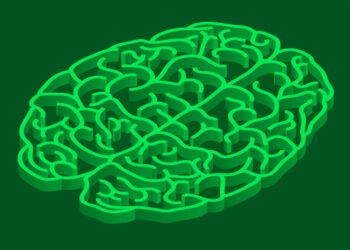
We can’t physically pivot our ears towards sounds, but our brain still hones in on them
Experienced Skins/Getty Images
Dogs do it, cats do it, deer do it – in fact, many species of mammals can swivel their ears to direct their hearing. Humans lost this ability about 25 million years ago, but according to a new study, what we lack in ear-waggling skills we make up for in our brain’s ability to choose in which direction to listen most intensely.
The research used mobile electroencephalography (EEG) to record the brain’s electrical activity while volunteers were on the move. Until recently, EEG could only be done seated, with the scalp-mounted electrodes wired into a computer. In recent years, though, the development of smaller, lighter and, crucially, wireless EEG set-ups has made it possible to measure brain activity on the move, and to begin to connect behaviour with brain function.
These kinds of studies are revealing that movement has important effects on how the brain works. “Active exploration sharpens perception, supports spatial mapping and integrates multisensory cues into a coherent sense of space,” says Maren Schmidt-Kassow at Goethe University in Frankfurt, Germany, who wasn’t involved in this study. “Cognition is deeply grounded in action.”
Research from the lab of Barbara Haendel at the University of Wurzburg in Germany has previously shown that walking affects the processing of visual information, so we are more likely to notice objects in our peripheral vision, which would normally be suppressed when we’re not moving. Now, her team has shown that something similar is true for sound, and the brain constantly adjusts which direction it should listen to the hardest.
In the experiments, 35 volunteers were fitted with mobile EEG sensors and motion sensors, and asked to walk around a figure-of-eight-shaped path, while listening to a continuous stream of sound played through in-ear headphones.
Compared to when they were standing or walking on the spot, the EEG showed that there was a significant boost to sound-processing in the brain when the volunteers set off along the path. When they took a turn, the brain adapted further, prioritising sounds coming from that direction. As they continued along the path, the brain’s internal focus of attention switched sides with each turn, as if panning from one stereo speaker to another, or physically turning an ear towards the sound.
Team member Liyu Cao at Zhejiang University in Hangzhou, China, speculates that this internal form of ear swivelling might be an evolutionary adaptation to staying safe. “This might allow for faster reaction times and safer navigation in dynamic environments,” he says.
This research could help improve the design of navigation aids for people who are visually impaired and advance hearing aids so they filter background noise based on someone’s direction of walking, says Haendel.
It might also help us understand why exercising outdoors seems to have more benefits for brain health and cognition than when it is done on treadmills or stationary bikes. “Movement is about much more than muscles,” says Haendel. “Your brain changes how you move and how you move changes how your brain is functioning. It’s about using that interaction as it’s evolved to function most efficiently.”
Topics:
Source link : https://www.newscientist.com/article/2498050-our-brain-swivels-to-focus-on-sounds-from-different-directions/?utm_campaign=RSS%7CNSNS&utm_source=NSNS&utm_medium=RSS&utm_content=home
Author :
Publish date : 2025-09-29 16:00:00
Copyright for syndicated content belongs to the linked Source.











